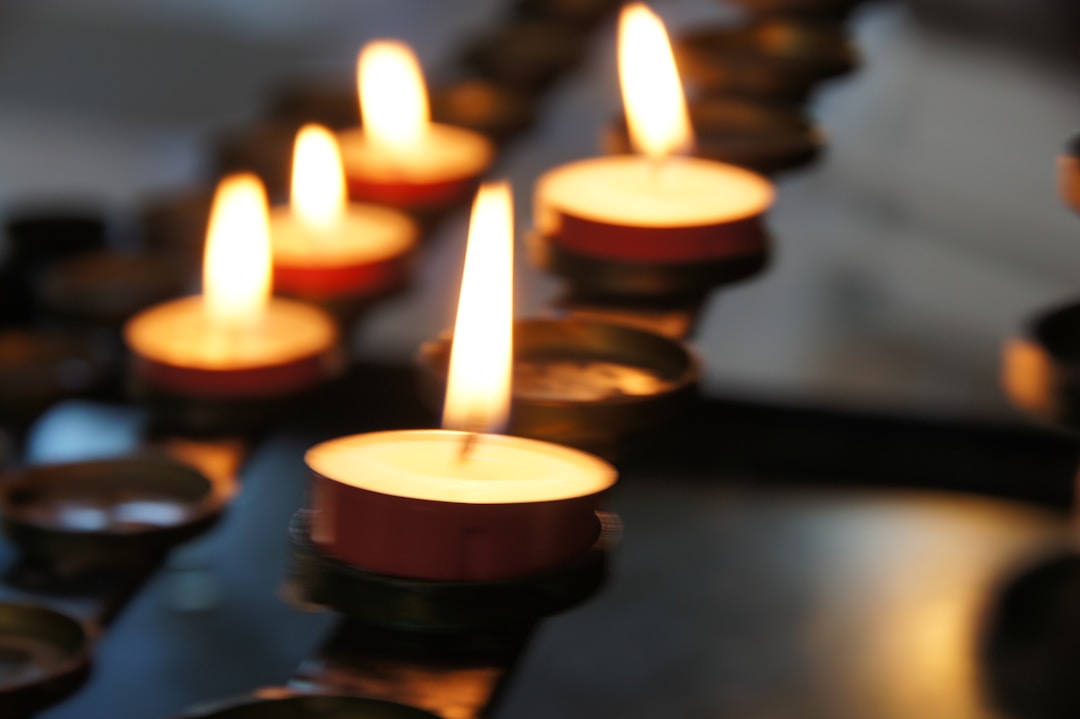Losing a loved one in an auto accident is an emotionally devastating experience that can leave you feeling lost and overwhelmed. During this difficult time, it’s important to take steps to cope with the loss, honor your loved one’s memory, and begin the process of healing and seeking justice if necessary. This article outlines practical steps and resources to support you through this journey, emphasizing the importance of legal guidance, memorializing your loved one, and taking care of yourself and your family.
Seeking Legal Assistance
In the aftermath of losing a loved one in an auto accident, seeking legal assistance is a critical step. An experienced attorney can guide you through the complexities of legal claims and ensure your rights are protected. The Law Office of Keith Mangess can help navigate the legal landscape, providing compassionate and comprehensive support during this challenging time. Their expertise can be invaluable in dealing with insurance companies, investigating the accident, and pursuing compensation for your loss.
Having the right legal representation can alleviate some of the burdens you’re facing. A knowledgeable attorney can handle the details of your case, allowing you to focus on grieving and healing. They can also offer advice on how to document your loss and can represent you in court if necessary, striving to secure the justice your loved one deserves.
Planning a Memorial

Planning a memorial is a way to honor your loved one’s life and legacy. It provides a space for friends and family to come together, share memories, and support one another. Catholic cemeteries of the Archdiocese offer serene and respectful settings for saying your final goodbyes. These sacred grounds can be a comforting choice for laying your loved one to rest, offering a place of peace and reflection for years to come.
Choosing a meaningful location, selecting music that was special to your loved one, or incorporating favorite flowers into the service are personal touches that can make the memorial truly reflective of the person you’re remembering. During this time, lean on your community for support. Friends, family, and faith leaders can offer comfort and assistance in planning a service that honors your loved one in a way that feels right to you.
Navigating Grief and Healing
Grief is a deeply personal journey that varies greatly from one person to another. Allowing yourself to feel a wide range of emotions is part of the healing process. Seeking support from grief counselors or support groups can provide solace and understanding. Sharing your feelings with others who have experienced similar losses can make you feel less alone and provide you with coping strategies.
Taking care of your physical health is also important during this time. Grief can take a toll on your body, so try to maintain a routine that includes proper nutrition, sleep, and some form of physical activity. Remember, healing is not linear, and it’s okay to have good days and bad days.
Financial Considerations

The financial impact of losing a loved one suddenly can be significant. In addition to potential lost income, there may be medical bills, funeral expenses, and other unforeseen costs. It’s important to create a plan to manage these financial challenges. This might include setting up a memorial fund, reviewing your loved one’s insurance policies, and exploring any entitlements or benefits.
Consulting with a financial advisor can help you navigate these complexities. They can offer guidance on budgeting, managing debts, and planning for the future. Remember, making informed financial decisions during this time can help secure your family’s financial stability.
Moving Forward with Love and Memory
Moving forward after the loss of a loved one is a gradual process that involves weaving the memory of the deceased into the fabric of your life. Honoring their legacy, continuing traditions they cherished, and finding ways to keep their memory alive can be healing. Whether it’s through charitable work in their name, creating a memorial space in your home, or simply sharing stories about them, these acts keep their spirit present in your daily life.
The journey through grief and loss is uniquely personal, and there’s no right or wrong way to navigate it. Remember, it’s okay to seek help, lean on others for support, and take the time you need to heal. As you move forward, carry the love and memories of your lost one with you, allowing them to inspire and guide you in the days to come.

